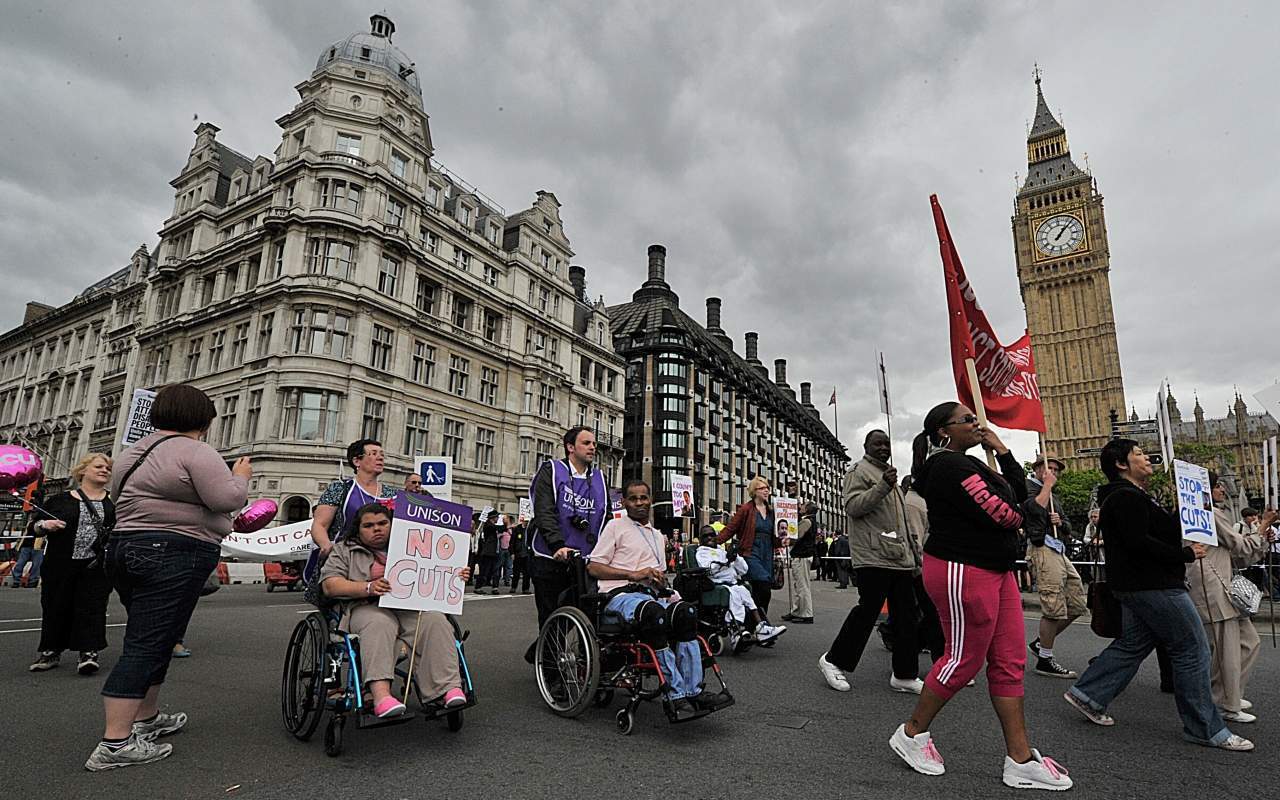
The government misinterpreted the findings in one of just two pieces of evidence cited in support of recent Employment Support Allowance cuts, according to an author of the study in question.
Last month Employment and Support Allowance was reduced from £102.15 to £73.10 per week, leaving those out of work due to illness or disability on the same rate as people receiving Jobseeker’s Allowance. The Department for Work and Pensions introduced the cut in a bid to encourage people back to work, believing the inflated benefit was a disincentive to join or rejoin the labour force.
The reforms were based on evidence that included a study by Barr et al. from which the department stated: “eight out of 11 studies reported that benefit levels had a significant negative association with employment.” However, the paper later highlights substantial validity issues regarding the studies, adding there is insufficient evidence of a high enough quality to determine the extent of any such effects.
Ben Barr, senior clinical lecturer in applied public health research at Liverpool University and co-author of the paper, says: “It seems the government has misinterpreted the evidence in the paper.
“We found that some of the higher quality studies did show very small effects in changes in the level of benefits being related to employment, but there are a few things that need to be taken into account.
“Firstly, those studies were looking at the effect of increasing benefit levels, which reduced employment slightly, and they were based in Scandinavian countries that already have very generous levels of payment. That can’t really be applied to the situation with the cut in ESA, which is taking a benefit that’s already at a very low level – among the lowest level for people with disability in OECD countries – and taking it down to a much lower level, which is basically going to put a rather large number of people into poverty.”
The Work and Pensions select committee, in its report on the proposals, noted the evidence presented before it was “ambiguous at best”, adding ESA claimants have unavoidably higher living costs due to their conditions than those on JSA.
In fact, the study may even point to the government’s cuts having the opposite impact. “We don’t know what effect [the cuts] are going to have on putting people into employment,” says Barr. “It may well have the opposite effect, which is what many in third sector organisations are saying, and it’s much harder for people with a disability to get into work if they’ve having to cope with living in poverty.
“The other factor mentioned in the paper is, even if that policy did result in a number of people being in work who wouldn’t otherwise, if it’s also causing a large increase in poverty among other people, the net effect could still be extremely negative.”
Writing for the Faculty of Public Health, Barr adds: “One in three working age disabled people are living in poverty. Their risk of poverty is one and a half times greater than for people without a disability. The government’s strategy, however, for improving the lives of disabled people, focuses almost exclusively on the disability-employment gap rather than this disability-poverty gap.”
“Increasing poverty among people out of work with disabilities will adversely affect their health and increase health inequalities. We know that poverty damages people’s health, and adequate welfare benefits for people who can’t work can reduce these effects. We have seen that in recent years inequalities in health are increasing in part due to disability benefit reforms. The severe cut planned by the government will further exacerbate these inequalities, potentially increasing levels of disability.”
Last month’s ESA cuts will not work retroactively, so those already receiving the higher rate will continue to do so. But the situation must be carefully monitored to record exactly the effects this cut in support has on the lives of those suffering from illnesses or disabilities that prevent them from working.
“It’s a pretty horrific situation,” says Barr. “I’m a bit horrified they’re using our paper in the way they are because it doesn’t really support the policy. You can see poverty is already on the increase among people with disabilities out of work, particularly those with low levels of education and skills – this will just exacerbate that.”





